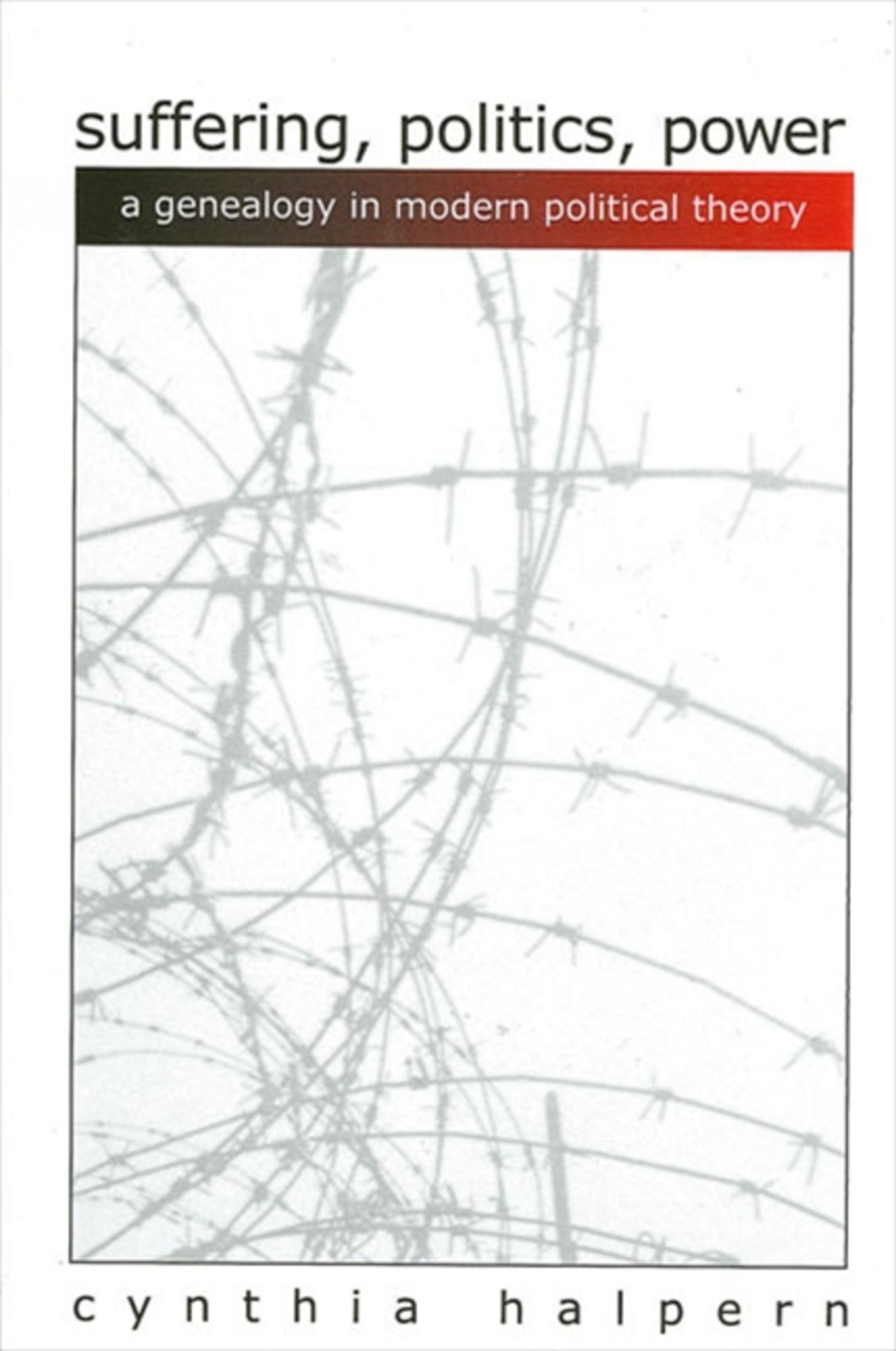We're sorry. An error has occurred
Please cancel or retry.
Suffering, Politics, Power

Some error occured while loading the Quick View. Please close the Quick View and try reloading the page.
Couldn't load pickup availability
- Format:
-
03 January 2002

Suffering and politics in the thought of Luther, Hobbes, Rousseau, and Nietzsche.
Suffering, Politics, Power argues that human suffering on a global scale constitutes the most urgent and least understood question of contemporary politics and political theory. In the modern age, the experience of suffering is primarily a political problem, constructed out of crucial, conflicting perspectives. The book draws on a genealogy of suffering through the conflicting perspectives of four major political theorists: Martin Luther, Thomas Hobbes, Jean-Jacques Rousseau, and Friedrich Nietzsche. Although supplying contradictory accounts of the nature of suffering and human response to it, these theorists, when examined together, provide a historical foundation for the political structures of our time and a trajectory for the problematic of suffering which defies all limits. This book works to foster a contemporary political response to suffering, addressing the techniques of its production and representation and the dilemmas of ascertaining causes and responsibilities.


"Rich in its interpretation and crucial in its relevance to modern political philosophy, Suffering, Politics, Power not only illuminates the thought of modernity, but at the same time, offers the promise of transcending the impasse between modernity and postmodernity. Cynthia Halpern repeatedly breaks new ground with her obviously immense talent, insight, and originality. She reinterprets modernity's past and moves forward with courage, conviction, and, above all, with an inspiring voice." — Alkis Kontos, University of Toronto
Introduction
1. Suffering in the Context of Religion
2. A Science of Suffering Bodies
3. For the Lack of Moral Knowledge
4. The State of Nature as an Ever-Present Origin
5. Coercion in the Social Contract
6. The Death of God—Theodicy and the Enlightenment
7. Suffering: From Nature to History
8. Social Justice and the General Will: In and Out of Time
9. Nietzsche: Suffering and Tragedy
10. On the Genealogy of Morals
11. The Will to Power and the Will to Nothingness
12. The Eternal Recurrence of the Same
Notes
Selected Bibliography
Index



